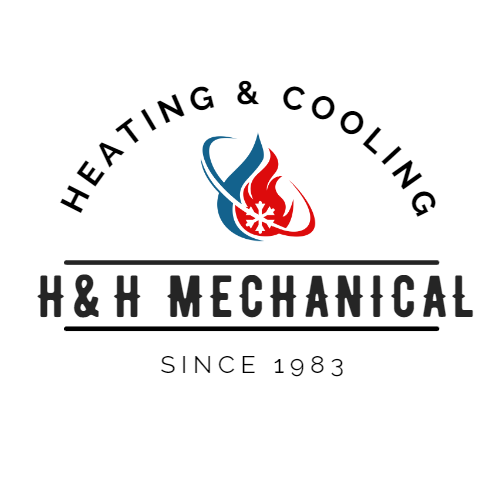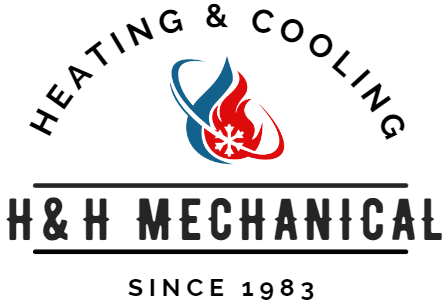Understanding the Various Types of Air Conditioning Filters for Your Home
Keeping your home cool and comfortable goes beyond just having a functioning air conditioning (AC) system; the type of air filter you choose plays a critical role in air quality, efficiency, and even the longevity of your AC unit. With several types of air conditioning filters available on the market, selecting the right one can be a bit confusing. Knowing the differences can determine how well your AC runs and impacts the air you breathe.
Types of Air Conditioning Filters
1. Fiberglass/Synthetic Filters:
These are the most basic and cost-effective options. Made from layered fiberglass fibers, they are designed to protect your AC unit by trapping large dust particles and debris. However, they are not the best choice for filtering smaller allergens or microorganisms.
2. Pleated Media Filters:
With their increased surface area due to pleats, these filters are more effective at capturing smaller particles, such as pollen, pet dander, and mold spores, compared to fiberglass filters. They typically strike a good balance between cost and performance.
3. Electrostatic Filters:
These filters use self-charging fibers to attract and hold onto airborne particles. They come in both disposable and reusable (washable) forms. These are particularly good for homes with smokers or pets, thanks to their ability to filter out smoke and pet hair.
4. HEPA Filters:
High Efficiency Particulate Air (HEPA) filters are among the most efficient filters you can buy. These can screen out at least 99.97% of airborne particles of a certain size (0.3 microns in diameter), including pollen, dust, mold, bacteria, and any airborne particles.
5. UV Filters:
Though not a filter in the traditional sense, UV light can be used in conjunction with air filtration to kill bacteria and viruses. These are typically used in medical facilities but can also be installed in residential AC systems.
Choosing the Right Filter for Your Home
When deciding on an air conditioning filter, consider the following:
Allergies and Asthma:
If someone in the home has allergies or asthma, a higher MERV (Minimum Efficiency Reporting Value) rated filter, like a HEPA filter, may help alleviate symptoms by removing finer particles from the air.
Pets in the Home:
Homes with pets might benefit from an electrostatic filter that excels at capturing pet hair and dander.
Local Air Quality and Climate:
If you live in an area with high air pollution levels or high humidity, a filter with antimicrobial properties or one that can remove odors and gasses might be necessary.
AC System Compatibility:
Check with your AC manufacturer for filter recommendations to ensure compatibility. High-efficiency filters can sometimes restrict airflow, leading to system malfunctions if not supported by the system.
Risks of Using the Wrong Air Conditioning Filter
Using the wrong type of filter can lead to various problems:
Inadequate Filtration:
Choosing a filter with a low MERV rating may allow smaller particles to pass through, compromising indoor air quality and exacerbating health issues such as allergies and respiratory problems.
Reduced Airflow:
Filters that are too restrictive for your AC system can reduce airflow, which can decrease efficiency, cause the system to work harder (leading to increased wear and tear), and may even freeze up the AC unit.
Increased Energy Costs:
A clogged or overly restrictive filter can lead to higher energy costs, as the AC unit has to use more energy to push air through.
System Damage:
Running an inappropriate filter can result in damage to the AC system, ranging from dirty coils to a full system failure, leading to costly repairs or replacement.
So, before making a filter purchase, check your AC unit’s manual for recommendations and consider the specific needs of your home environment and occupants’ health. With the right filter, you can ensure that your AC system works optimally and contributes to a cleaner, healthier living space. Remember, regular filter changes (typically every 1-3 months) are as crucial as the type of filter you choose. Keep cool and breathe easy!
You might also like


Book a Service Today
We will get back to you as soon as possible
Please try again later



